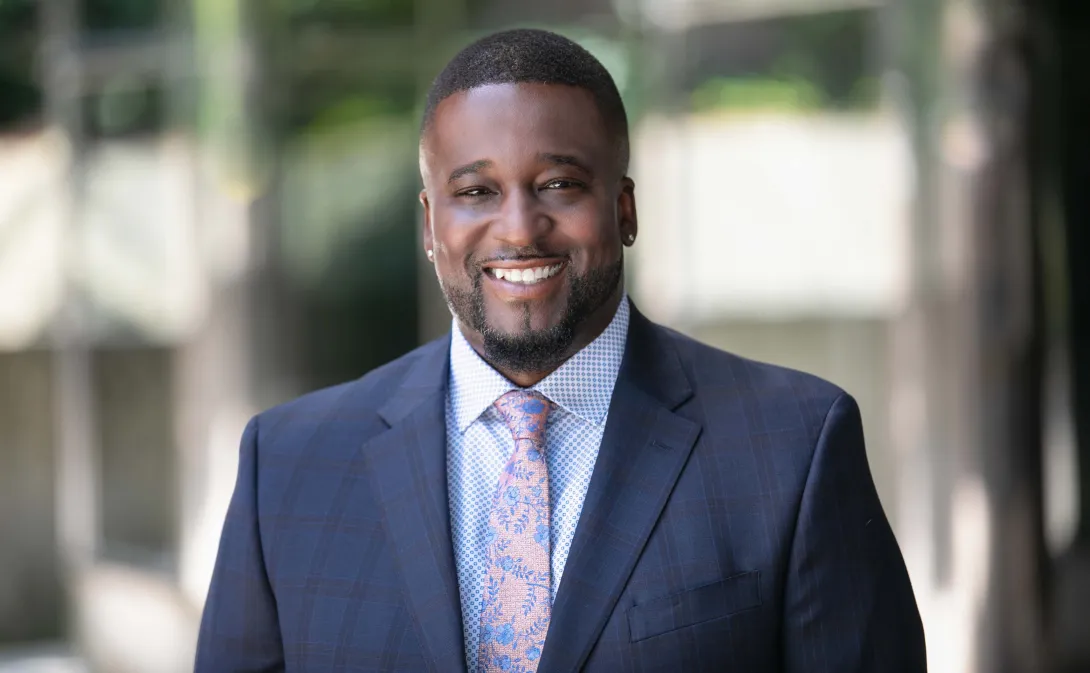
Anthony Cunningham is chief revenue officer of LCMC Health, a safety-net nonprofit hospital system based in New Orleans that depends on Medicaid for about a quarter of its annual charges.
So when the reconciliation bill called the One Big Beautiful Bill Act passed in June with billions of dollars in cuts to Medicaid, Cunningham knew that many of the system’s currently covered patients were about to become self-pay. Studies suggest that potentially 20% of LCMC’s Medicaid patients could lose coverage.
“When that happens, and people don’t have the ability to pay every bill, healthcare becomes the lowest priority,” he said.
Bad debt for the health system is currently running at about 4%.
“We’re thinking it might double,” Cunningham said.
Higher uncompensated care would cost millions of dollars a year in revenue.
The effect is the risk of drawing the $3.5 billion, eight-hospital nonprofit system from positive into negative margins.
“Really, how do we combat that?” Cunningham said. “How do we drive more revenue under our current book of business? We’re going to lose some revenue, that’s a given.”
One thing, he said, is to go on the offensive with managed care contracts.
Cunningham has been attending meetings with managed care provider representatives to discuss denials, prior authorization and aged receivables, all issues that impact revenue. He's told them, he said, “‘You can’t deny one of every six claims.’”
Cunningham said, “Hospitals have to get more aggressive to tighten up the ship. Payers should help. We’re still waiting to see what happens.”
Another is to be more aggressive about being more efficient. Some of this gets help from technology and AI. LCMC has been installing systems since before the One Big Beautiful Bill Act, according to Cunningham.
AI is helping to reduce the “rework” aspect of the revenue cycle and also the number of handoffs.
But some of the tactics Cunningham is implementing do not rely on big AI solutions. It’s back to the basics, said Cunningham, who has been tackling these basics since he took on the job a year-and-a-half ago. Medicaid moved them to the front burner.
One of these strategies is looking at community sources to help patients with the social determinants of health. Some patients could be aligned to a social worker. There could be other funding sources or assistance available in the community or another government program, or a free drug program.
Also, the role of financial counselor within the system is changing, Cunningham said. LCMC staff are asking patients more and tougher questions. Such as, “Have you eaten today?”
Based on Medicaid’s new work requirements, “You have to look at a person more holistically,” Cunningham said.
If patients lose Medicaid coverage and then don’t take care of themselves, they’re going to become chronically ill and come through the emergency department, which represents more expensive care, Cunningham said.
“You have to be intentional about screening every self-pay patient,” Cunningham said. “Asking the right questions, making sure you identify uninsured patients. Then build proper workflows. The best way to combat lower uncollectables is to stop writing things off.”
Louisiana expanded Medicaid under the Affordable Care Act in 2016. It has among the highest rates of Medicaid users in the nation. As of 2023, 31.9% of the Louisiana population reported having Medicaid, with only New Mexico higher at 34%, according to KFF data. The national average is 21%.
Prior to his role at LCMC in 2023, Cunningham was vice president of Revenue Cycle Operations at Atrium Health. He served in revenue cycle roles at Advocate Health. In December 2022, Atrium Health became part of Advocate Health with the merger of Advocate Aurora Health.
Email the writer: SMorse@himss.org